This fall, teams from Willamette University and Lewis & Clark College joined the Oregon chapter of the Make-A-Wish Foundation for the Foundation’s Fall Festival. From pumpkin decorating to crown-making and games, magic was made at this community-building event.
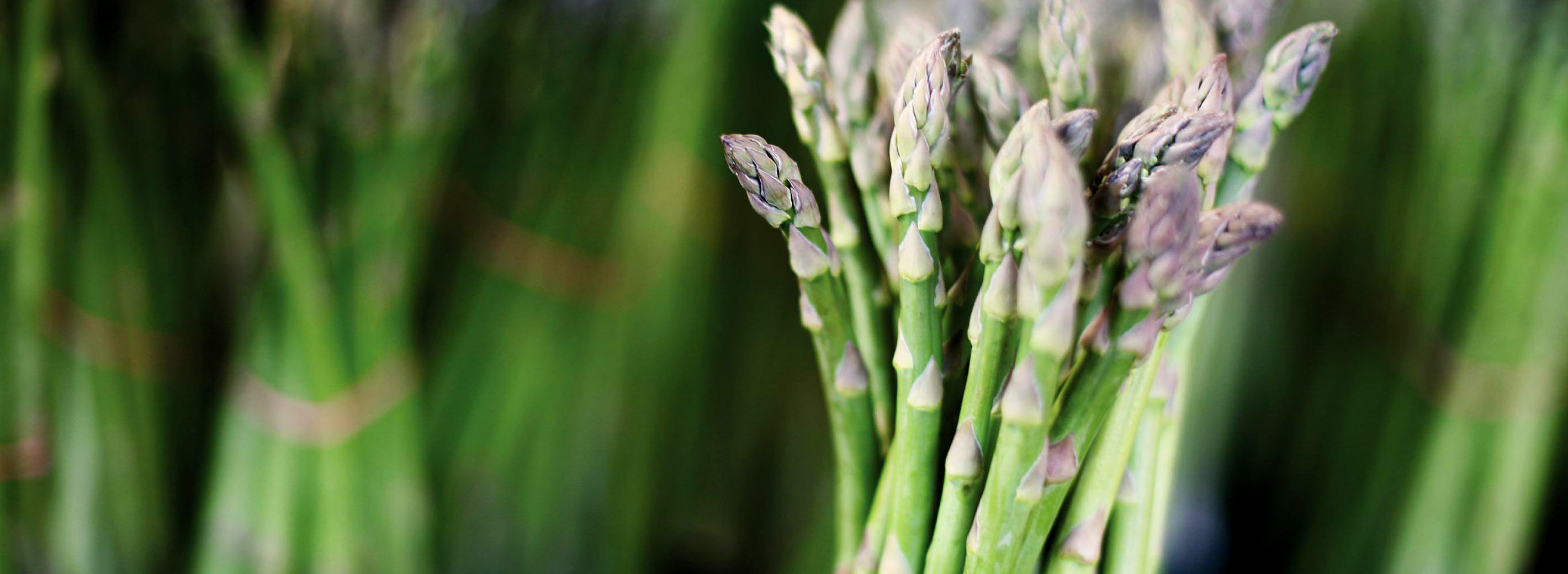
Blog: Local food
+ Blog Categories
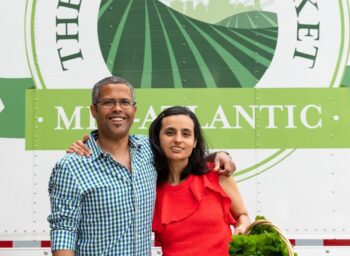
Farm to Fork Profile: Bon Appétit and The Common Market: The Story of an Ever-Expanding Partnership
- Blog
In 2010, the Bon Appétit Management Company team at the University of Pennsylvania struck up a partnership with The Common Market, a new non-profit organization dedicated to building sustainable and equitable local food systems. Nearly 15 years later, Bon Appétit and The Common Market have grown together, with Bon Appétit-served colleges, universities, cultural institutions, and corporate headquarters sourcing from The Common Market in Pennsylvania, New York, Georgia, Texas, Illinois, and beyond. Here’s the story of how the partnership, centered around shared values, grew from one metro region on the East Coast to span half of the United States.

Farm to Fork Profile: Making it Work with Pride Road Farm
- Blog
When Najeeb Muhaimin approached Nicholas Walker, director of operations at Emory University, about buying the hibiscus products and pastured Halal chickens he was raising at Pride Road Farm, his poultry and hibiscus operation in Shady Dale, Georgia, Walker’s immediate response was: “Let’s make it work.”

A Fireside Chat on Empowering Eaters: With CEO Fedele Bauccio and Food Tank
- Blog
“I was the lone ranger out there,” said Bon Appétit Founder and CEO Fedele Bauccio, speaking to how the national dialogue around food system issues has developed in the 39 years since he started the company. Fedele was on the lineup at a daylong seminar hosted by Emory University and Spelman College, in collaboration with Food Tank, the nonprofit food think tank dedicated to food system reform.
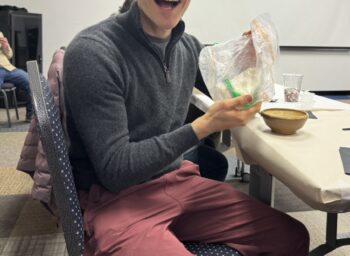
Purple Mountain Majesty in a Pint: Colorado College Hosts Locally Crafted Ice Cream Partner
- Blog
Who knew making ice cream could double as an arm workout? The Colorado Springs community asked this very question as they shook plastic bags of heavy whipping cream, vanilla extract, sugar, and rock salt back and forth for ten minutes straight to make a classic vanilla ice cream (sprinkles optional).

So Mush Room in Our Hearts (for ‘Shrooms)
- Blog
Mushrooms are having a moment. With a rise in mushroom-themed art, beauty, fashion, film, and culinary and wellness explorations, mushrooms’ popularity has risen exponentially in recent years. The collective fondness for ‘shrooms includes many of those on the college campuses we serve.
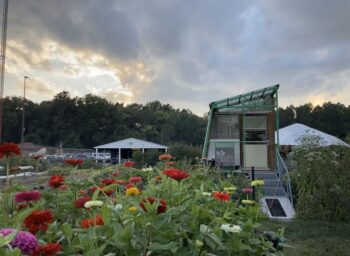
Pickling in Paradise on The Farm at Butler
- Blog
Tucked away on the edge of campus, over a bridge and beside the athletic fields, lies The Farm at Butler, a gem within Butler University in Indianapolis, IN. Just shy of one acre, this agricultural oasis is a clear example of how urban farming can transform previously dormant land into a thriving ecosystem and classroom.
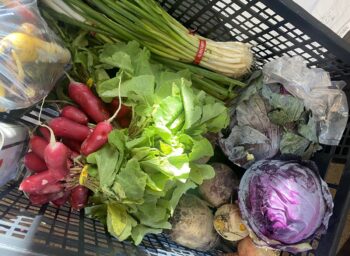
A Closer Look at How Food Hubs Build Capacity for Local Food Systems
In this follow-up to last week’s post, we share the stories of three food hubs that demonstrate just how critical this model can be for matching supply with demand.
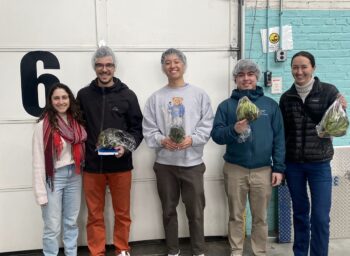
Food Hubs: Redefining How Institutions Feed Students and Strengthen Regional Food Systems
On the rise across the country since the mid-2000’s, food hubs are one solution to common barriers to getting local food into restaurants and difficult-to-access institutional markets. With a keen focus on selling to anchor institutions (long-term fixtures in communities, such as universities, hospitals, and school systems, that play vital roles in the local economy), food hubs coordinate the aggregation, distribution, and marketing of locally and regionally produced foods from a network of responsible producers.

Q & A With Essence Oyos of Golden Eagle Farm
- Blog
We had the pleasure of interviewing Essence Sage Oyos from the Mesa Grande Business Development Council (BDC) to talk more about the work the BDC is doing to achieve the goals of the Mesa Grande Band of Mission Indians.
